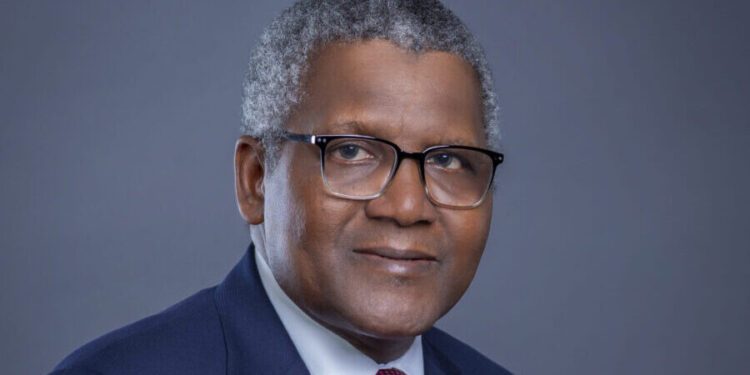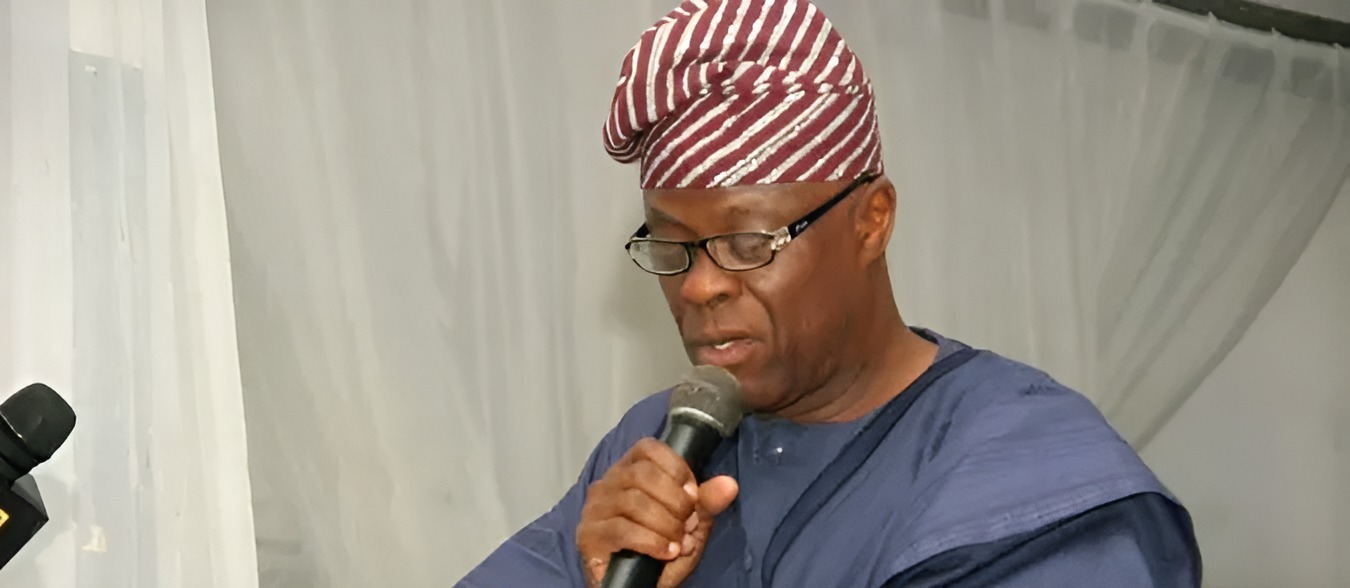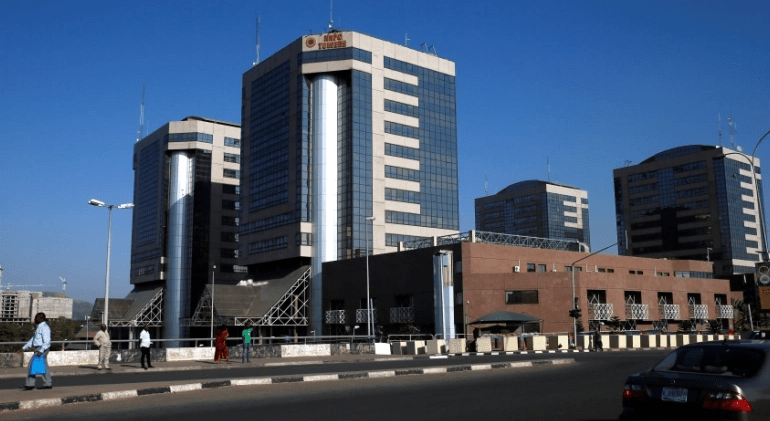Shutting down the city imposes not only economic costs but broader systemic consequences, argues K. BOLANLE ATI-JOHN
On Saturday, July 12, 2025, Lagos once again shut itself down for local government elections. From 6:00 AM to 3:00 PM, all vehicular and waterways movement was banned across the state. The restriction may have been slightly relaxed compared to previous elections, but the core question remains: why must a city as vital and globally significant as Lagos continue to rely on broad, disruptive lockdowns in the name of electoral security?
Lagos is not a provincial town. It is Africa’s largest urban economy, with a gross domestic product (GDP) exceeding $250 billion — larger than many African nations combined. Over 20 million residents depend on its complex web of commerce, logistics, finance, and services. Yet, during elections, the entire city is brought to a halt through methods more suited to smaller towns or cities facing existential threats.
This is neither smart nor sustainable governance. Citywide election lockdowns reflect an outdated administrative mindset that prioritizes blunt control over adaptive management. Beyond lost economic output, these shutdowns erode public trust, suppress civic participation, disrupt essential services, and damage Lagos’s international reputation.
The hidden costs are staggering. Lagos contributes about 30 to 35 percent of Nigeria’s national GDP. According to studies, the city loses between ₦4 trillion and ₦10.4 trillion annually to traffic congestion alone. When Lagos is immobilized for nine peak hours on election day, applying even a conservative 37.5 percent proportion to these loss figures shows a direct hit of ₦1.5 trillion to ₦3.9 trillion in lost productivity. That’s between US $3.3 billion and $8.6 billion erased in a single day — equivalent to the GDP of a small West African country.
These numbers do not capture the human-scale impact: small businesses lose entire days of income, perishable goods spoil, supply chains stall, medical services are delayed. Elections should not force citizens to choose between exercising their rights and protecting their livelihoods. No serious global city operates this way.
It does not have to be this way. Cities like New York, London, and Johannesburg manage electoral security without bringing life to a halt. In New York, congestion pricing, dynamic traffic management, and designated election logistics fleets allow polls to open while the city keeps moving. London uses localized perimeters around polling stations enforced with smart technology, including automated number plate recognition systems. Johannesburg deploys officers at polling centers and strategic intersections without resorting to full-scale bans.
The lessons for Lagos are clear:
One, localized control is smarter than blanket bans.
Two, technology is not a luxury; it is essential civic infrastructure. Three, public communication reduces friction and enhances cooperation.
Persisting with archaic lockdowns imposes not only economic costs but broader systemic consequences. Public trust in governance erodes when citizens observe that their government cannot manage basic processes like elections without shutting the city down. Low voter turnout is reinforced, especially among young people who see citywide disruptions as unnecessary and archaic. Lagos risks reputational damage among global investors and business partners, who view such blunt administrative tactics as signs of fragile governance and latent risk.
Even emergency services suffer. Ambulances, fire trucks, and utility crews struggle to navigate locked-down roads despite official exemptions. The result is a city that is not only less productive but also less safe.
What Lagos needs is not theoretical idealism but practical, proven reform. Strategic alternatives include: localized security perimeters around polling stations rather than entire city lockdowns; adaptive traffic management systems prioritizing election-related logistics and essential services; deployment of surveillance drones and AI-powered crowd analytics; public advisories via radio, television, SMS, and social media well in advance; digital accreditation systems for businesses and emergency services operating on election day.
Lagos already possesses much of the infrastructure needed to make these solutions work. The challenge is not capability but mindset. Relying on citywide lockdowns reflects governance through habit rather than innovation. Building a smart, resilient, globally competitive Lagos requires adopting 21st-century urban management strategies.
Elections should be moments of civic pride and democratic celebration, not signals for shutdown and disruption. Lagos’s leadership — political, security, and civic — must come together to establish a Lagos Election-Day Management Protocol that replaces blanket bans with intelligent, layered control measures.
The time to modernize Lagos’s election governance is not tomorrow. It is today.
The elections of July 12 may have been conducted following the old model. But Lagos’s future must not remain bound to it. What is at stake is not merely convenience; it is the very character and global standing of the city itself. Will Lagos be governed by inherited reflexes or by thoughtful intelligence? Will it choose control by fear or management with purpose? The choice before Lagos is clear. Enough. Lagos deserves better.
Rear Admiral Ati-John (rtd.) writes from Lagos







